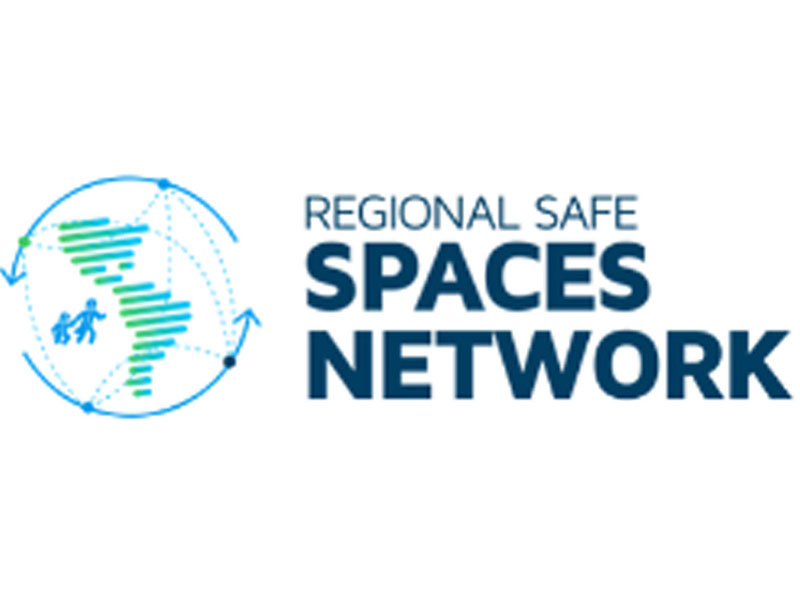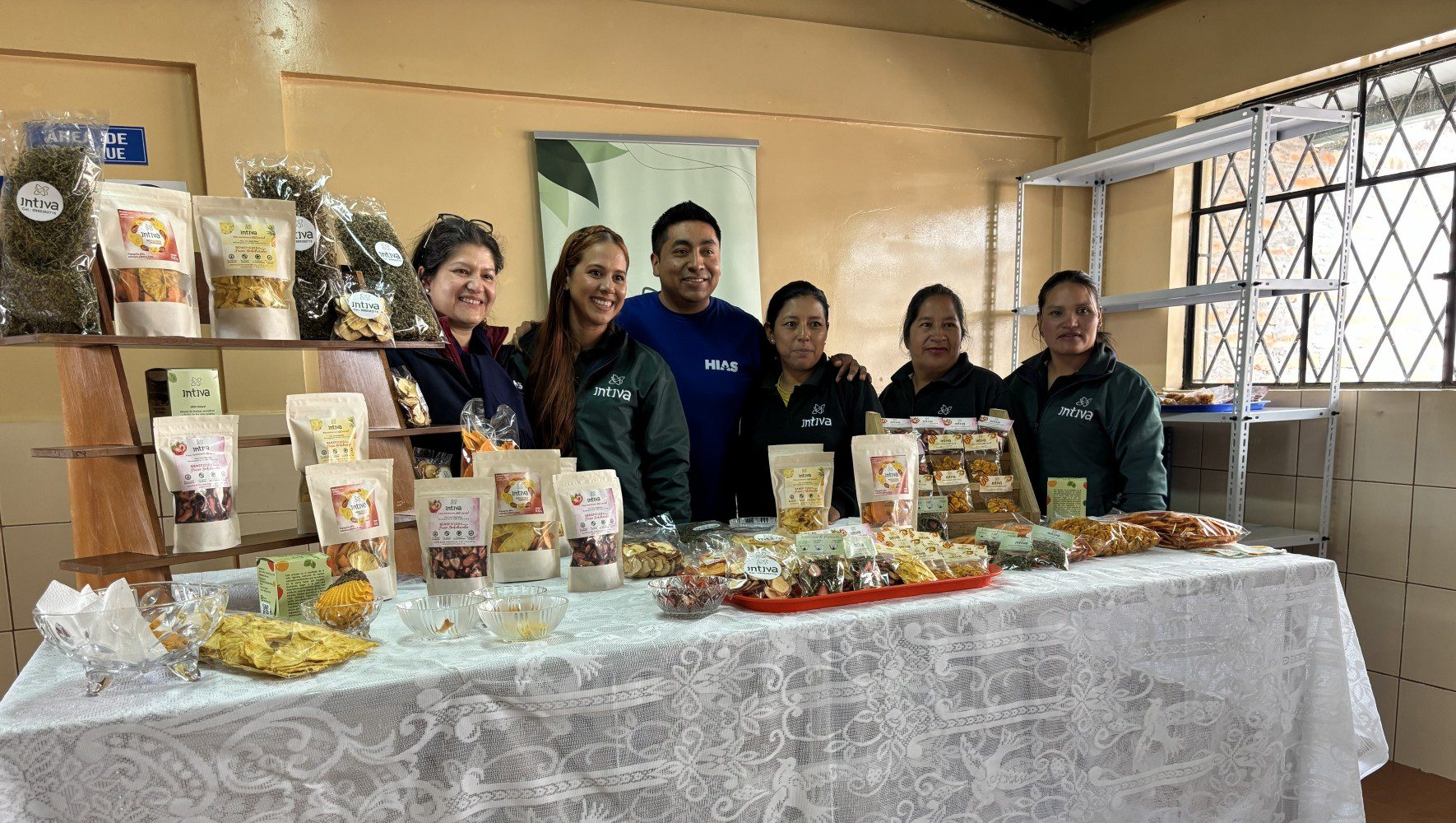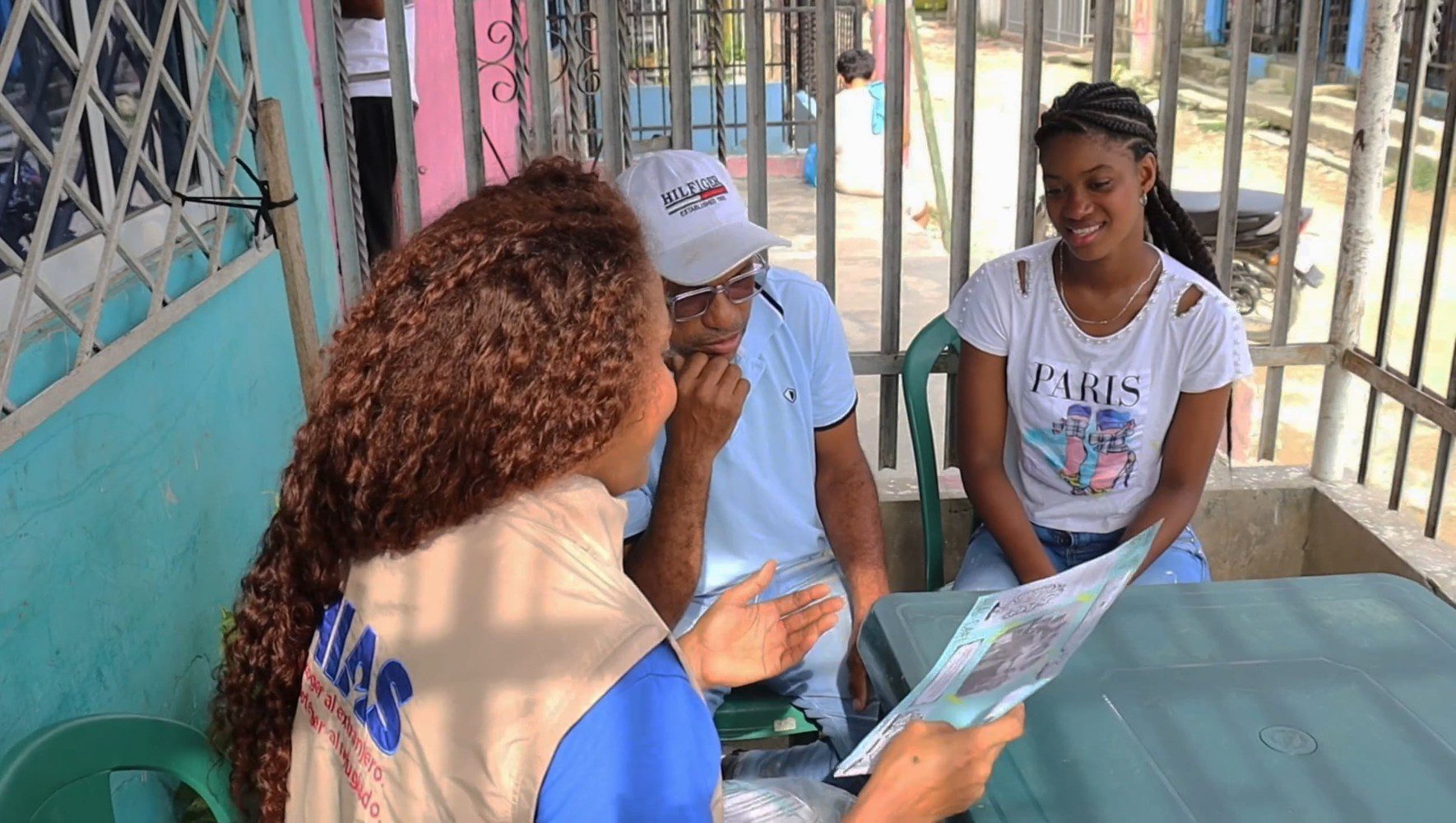Safe Spaces Open Up in Latin America
Jan 02, 2019
Safe spaces: what do those words evoke for you? Rest, comfort, security?
For UNHCR, the UN refugee agency, and its partner agencies including HIAS, a Safe Space is a very specific thing. It refers to a physical or mobile space where agencies can provide services for sexual and gender-based violence (SGBV) prevention and response, and child protection.
Now the Regional Safe Spaces Network of the Americas (RSSN), is being established to help those most vulnerable. The goal of the RSSN is to better help organizations working with refugees in Latin America know what services are provided, where they are provided, how refugees can access them, and how to best assist vulnerable refugees who come looking for help. The first-ever RSSN workshop was held in Costa Rica in December and brought together staff members from UNHCR, HIAS, other NGOs, and Latin American governments for the roll-out of the RSSN and an accompanying toolkit.
Today there is a renewed focus on the Western hemisphere and the growing displacement in the Americas. Between 2.5 and 4 million Venezuelans have left their country in the last few years, parts of Colombia continue to be racked by extreme violence, and in many Central American countries, powerful violent gangs are forcing huge numbers of residents to flee their homes. HIAS is actively responding to this displacement throughout Latin America and the Caribbean by providing emergency financial assistance, legal aid, information services, psychosocial counseling, and economic inclusion programming.
In addition to HIAS’ direct assistance throughout the Americas, HIAS has provided input to UNHCR as they are developing this innovative network to coordinate among the many different organizations working with refugees and people on the move. The plan is to continue expanding the RSSN using a phased approach that adapts to new scenarios in the region. How does a refugee who talked to a HIAS staff member in Venezuela about the rape she experienced make sure that she can also get help from UNHCR in Colombia without having to repeat the personal details about her attack again and again? Retelling the details of one’s experience can be re-traumatizing; with better coordination between organizations, it may not be necessary. One of the goals of the RSSN is to take a survivor-centered approach. What does the survivor want? How does he or she want to be treated?
In addition to survivors of SGBV, children at risk also require specialized services and staff need to know how to manage cases of vulnerable children on the move, how to respond sensitively and appropriately to children who have fled violence alone, and, in many cases, have experienced violence en route as they travel. According to UNICEF, as a result of the situation in Venezuela, more than 400,000 children are in need of assistance in neighboring countries. Some are unaccompanied, some are survivors of violence, and many are in need of education and urgent healthcare.
Participants in the first of its kind workshop came from Peru, Ecuador, Colombia, Venezuela, Trinidad and Tobago, Panama, Guatemala, El Salvador, Mexico, and the United States, in addition to technical experts who traveled from Switzerland and Kenya. Attending the three-day event, together with staff attorney Daniela Lara from HIAS Costa Rica and National Program Coordinator Jenny Fernández from HIAS Venezuela, allowed me to link HIAS’ work and share our expertise with others. This workshop was truly a cross-agency, cross-cultural event with much collaboration and sharing of ideas from one end of the region to the other.
A workshop wouldn’t be complete without some key takeaways: in order to truly be a Safe Space, certain basic services need to be provided. The “essential package of services” include SGBV and child protection case management; mental health and psychosocial support; medical care, including sexual and reproductive health services; legal assistance; safety in shelters or other locations; family tracing; and the ability to find care arrangements for children.
Throughout Latin America HIAS is working together with partners to create these Safe Spaces, fulfilling the HIAS vision of creating a “world in which refugees find welcome, safety, and freedom.” There is a lot of work to do, but equipped with these new tools and being part of the Regional Safe Spaces Network is a step in the right direction.



